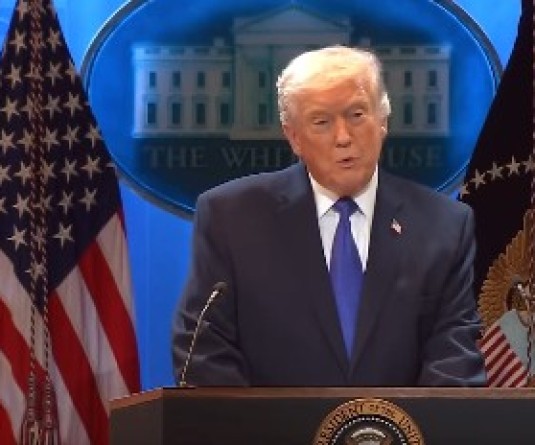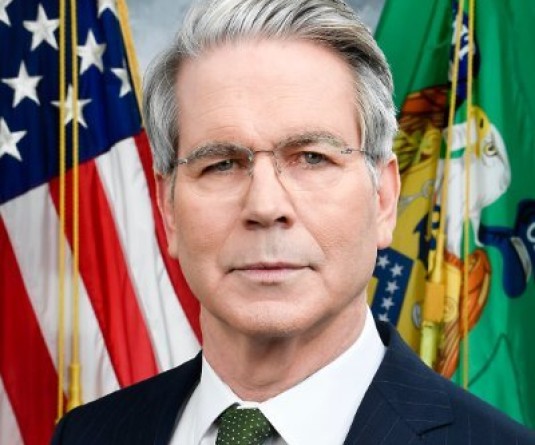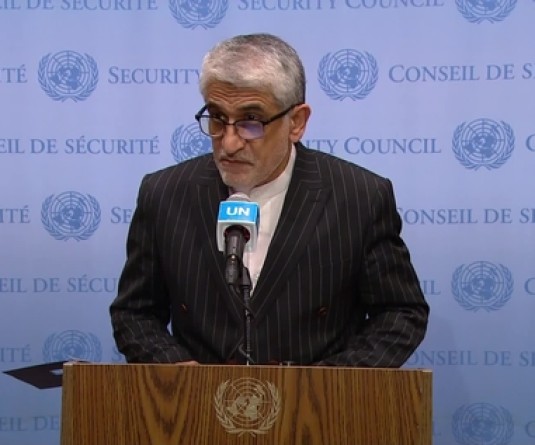Malaysian Foreign Minister Dato' Saifuddin Abdullah speaks with member of the Politburo of the Communist Party of China Yang Jiechi (not pictured) during a meeting in Beijing, China on September 12, 2019. (REUTERS File photo)
KUALA LUMPUR, July 23 (Reuters): A decades-old Malaysian law requiring video or film productions to be licensed before being broadcast extends also to social media, a minister said on Thursday, sparking opposition outcry over its implications for freedom of expression.
Communications and Multimedia Minister Saifuddin Abdullah told parliament that licenses were needed "regardless of whether they are mainstream media agencies or personal media that broadcast films on social media or traditional channels."
Opposition lawmakers accused the government of trying to cast a wide regulatory net on social media content using a 1981 National Film Development Corporation (FINAS) Act, which predates the internet.
Opposition leader Anwar Ibrahim said the minister's interpretation would have a chilling effect on free speech.
"It is clear the government wants all parties, be it politicians, or social media users to face action for content that may not fit the government's view," Anwar said in a statement.
Saifuddin did not elaborate on his remarks and his office did not immediately respond to a request for clarification.
Over 80% of Malaysia's 32 million population are active social media users, according to the Digital 2020 report by We Are Social and Hootsuite.
Opposition lawmaker Wong Shu Qi said that according to the minister's interpretation, any privately uploaded video would be deemed illegal.
Individuals convicted under the Act face penalties of up to 50,000 ringgit ($11,748.12), a maximum of two years in jail, or both.
"Will the government take action against all TikTok users? Will the government request every Youtuber to apply for license?" Wong said, referring to two popular social media platforms.
Rights groups say the government is trying to stifle dissent after a contempt case against a local news portal and a separate investigation into broadcaster Al Jazeera.
On Sunday, news wire Bernama reported Saifuddin as saying that Al Jazeera was being investigated for making an unlicensed documentary about the arrest of migrants, which authorities said was inaccurate, misleading and unfair.





